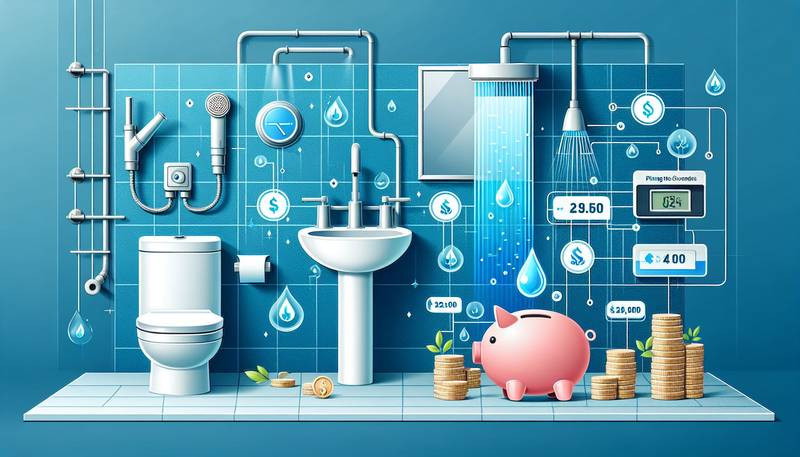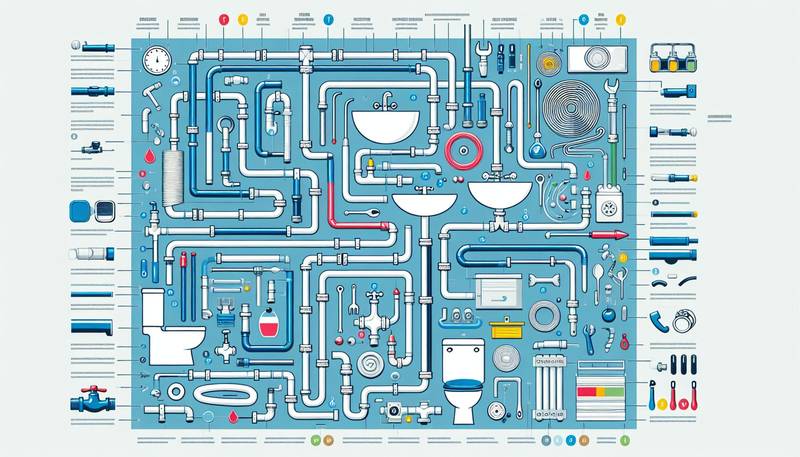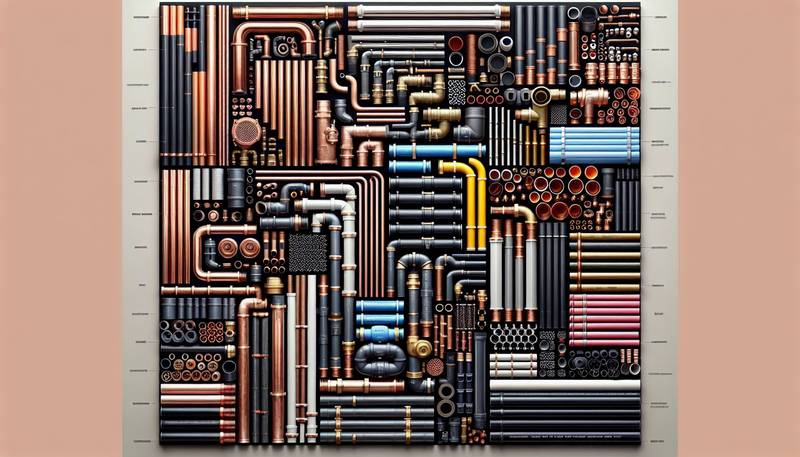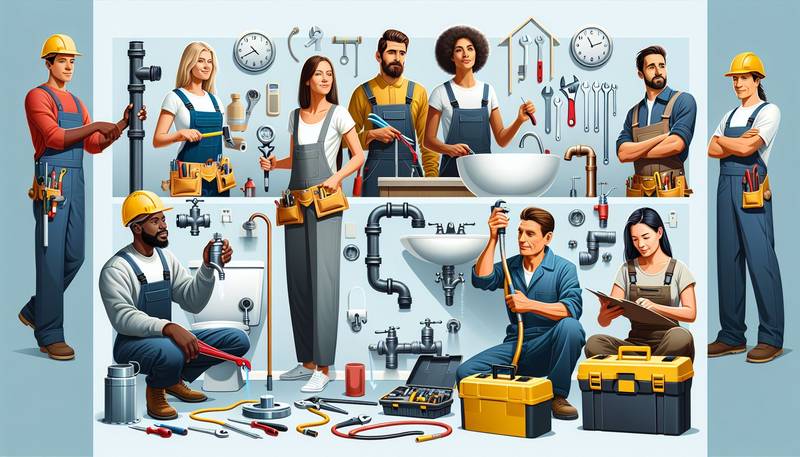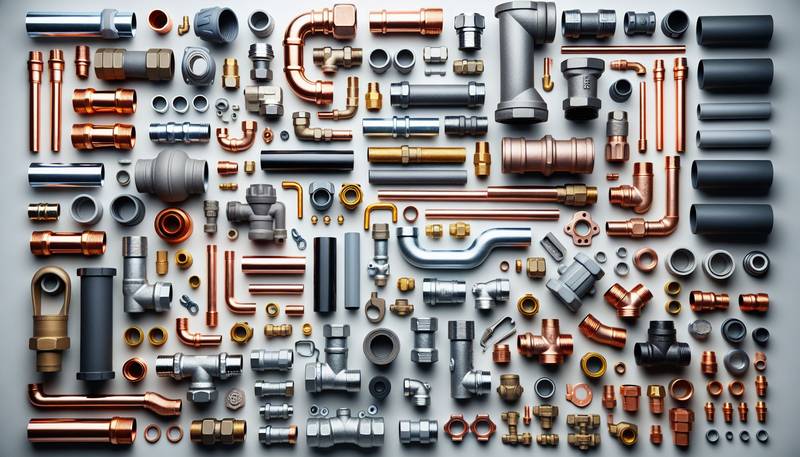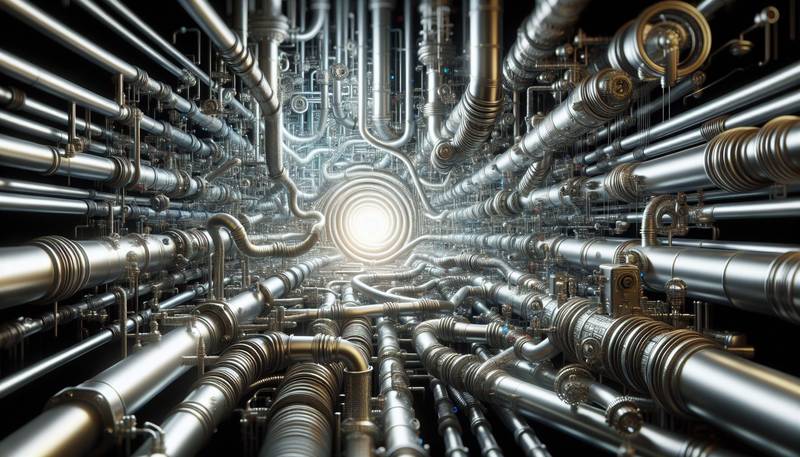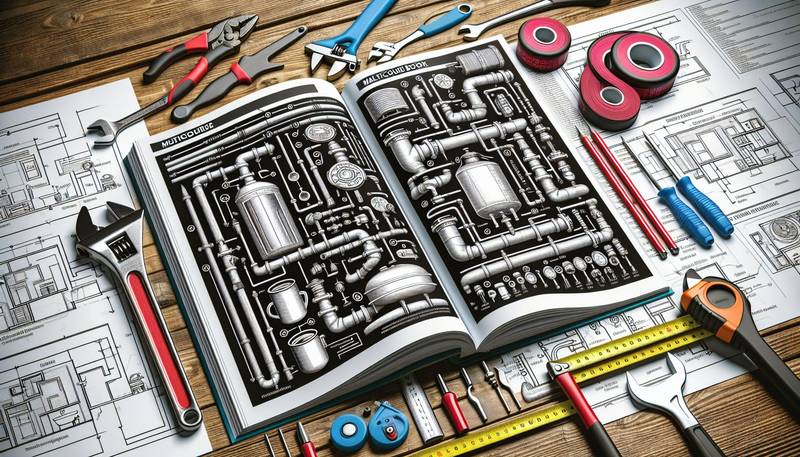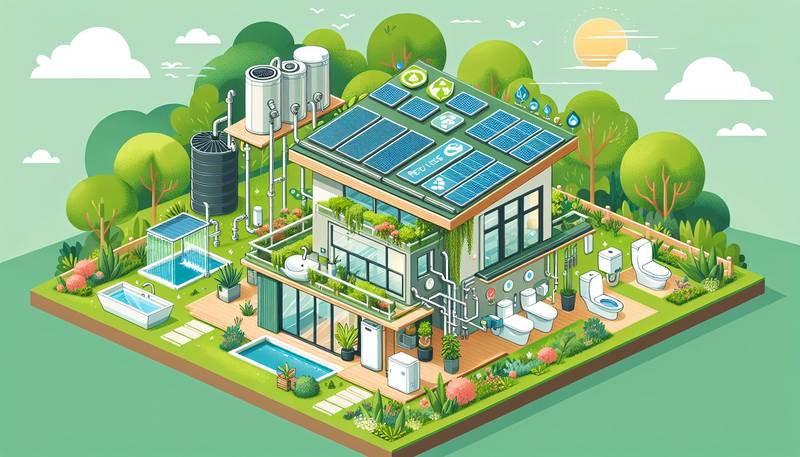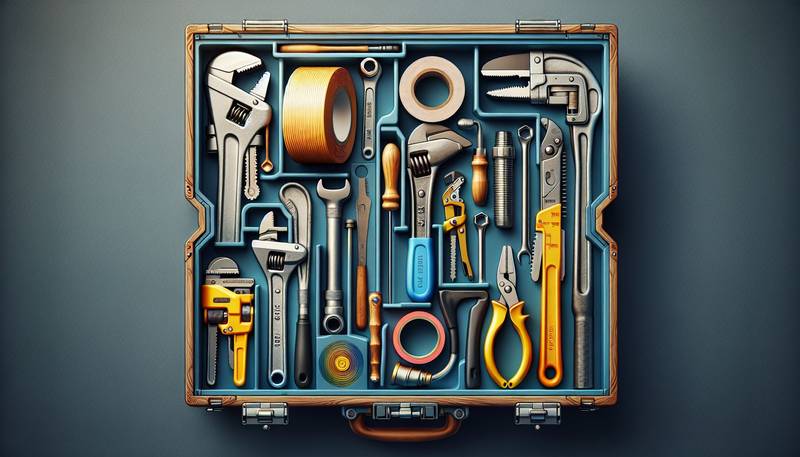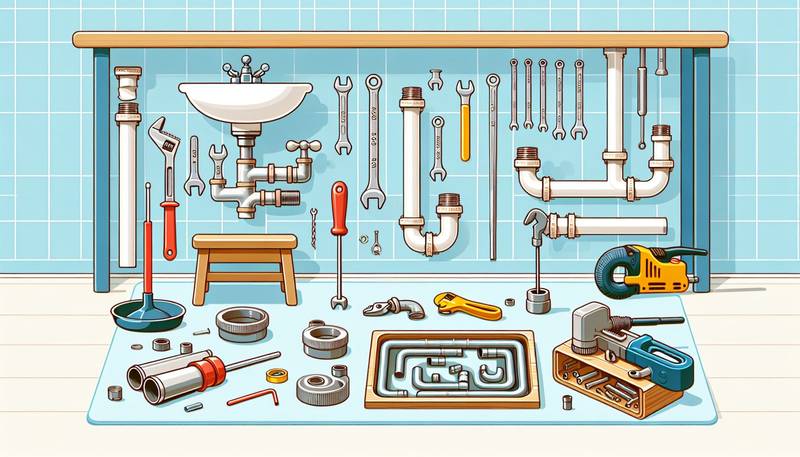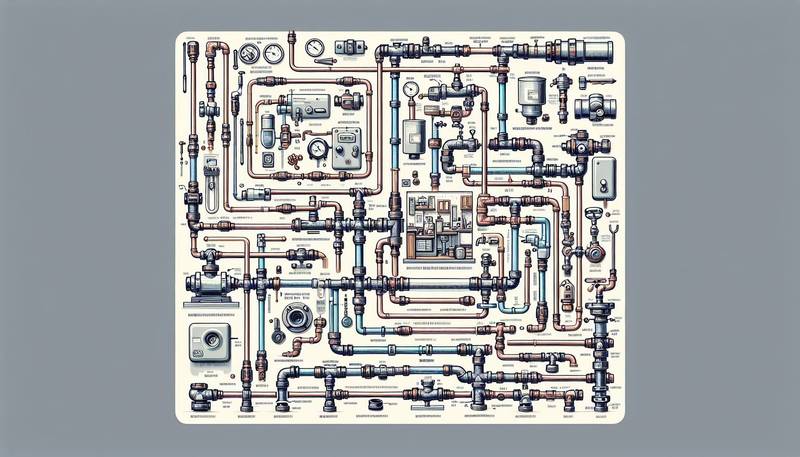Saving Water and Money: Plumbing Upgrades Worth Investing In
By making strategic improvements to your plumbing system, you can not only conserve water but also save money in the long run.
Upgrading to Low-Flow Fixtures
One of the most effective ways to save water in your home is by upgrading to low-flow fixtures. Low-flow toilets, faucets, and showerheads are designed to use less water without sacrificing performance. By replacing outdated fixtures with low-flow options, you can significantly reduce your water consumption and lower your monthly water bill.
Low-flow fixtures are specifically engineered to limit water flow without compromising on water pressure. Low-flow toilets, for example, use less water per flush compared to traditional toilets, thereby reducing water wastage. Similarly, low-flow faucets and showerheads are designed to maintain adequate water pressure while consuming less water overall, making them an eco-friendly and cost-effective choice for any homeowner.
Installing Water-Efficient Appliances
Another plumbing upgrade worth investing in is installing water-efficient appliances. Upgrading to energy-efficient washing machines, dishwashers, and water heaters can help you reduce water usage and save money on your utility bills. These appliances are designed to use less water while still providing the same level of performance, making them a cost-effective investment for any homeowner.
Water-efficient appliances are equipped with advanced technologies that optimize water usage during operation. Energy-efficient washing machines, for instance, use less water and electricity per load, resulting in reduced water consumption and lower utility costs over time. By investing in water-efficient appliances, homeowners can not only save money but also contribute to environmental conservation by conserving water resources.
Fixing Leaks and Drips
Leaky pipes, faucets, and toilets can waste a significant amount of water each day. By fixing leaks and drips promptly, you can prevent water waste and save money on your water bill. It's important to regularly inspect your plumbing system for leaks and address any issues as soon as possible to prevent further water wastage.
Detecting and repairing leaks in a timely manner is essential for maintaining a water-efficient home. Even minor leaks can lead to substantial water loss over time, impacting both the environment and your wallet. By conducting routine checks and promptly addressing any leaks or drips, homeowners can minimize water wastage and avoid unnecessary expenses associated with high water bills.
Upgrading to a Tankless Water Heater
Traditional water heaters heat and store water in a tank, which can result in energy and water waste. By upgrading to a tankless water heater, you can heat water on demand, reducing energy consumption and water waste. Tankless water heaters are also more compact and can last longer than traditional tank water heaters, making them a smart investment for homeowners looking to save water and money.
Tankless water heaters operate by heating water only when needed, eliminating the standby heat loss associated with traditional tank water heaters. This on-demand heating system not only reduces energy consumption but also conserves water by providing hot water instantaneously without the need for a storage tank. By switching to a tankless water heater, homeowners can enjoy continuous hot water supply, lower energy bills, and reduced water wastage.
Installing a Water Filtration System
Investing in a water filtration system can help improve the quality of your water while also reducing your reliance on bottled water. A whole-house water filtration system can remove impurities from your water, making it safer to drink and reducing the need for single-use plastic bottles. By installing a water filtration system, you can save money on bottled water expenses and reduce your environmental impact.
Water filtration systems are designed to purify water by removing contaminants such as sediment, chlorine, and bacteria, providing clean and safe drinking water for your household. By investing in a whole-house water filtration system, homeowners can enjoy the convenience of accessing purified water from every tap in their home, eliminating the need for bottled water consumption. This sustainable solution not only reduces plastic waste but also saves money in the long term by cutting down on recurring bottled water purchases.
Conclusion
Investing in plumbing upgrades can help you save water and money in the long run. From upgrading to low-flow fixtures and water-efficient appliances to fixing leaks and installing a tankless water heater, there are many ways to reduce water usage and lower your utility bills. By making strategic improvements to your plumbing system, you can not only conserve water but also save money while improving the efficiency and functionality of your home. Start making these smart investments today to enjoy long-term savings and environmental benefits.
